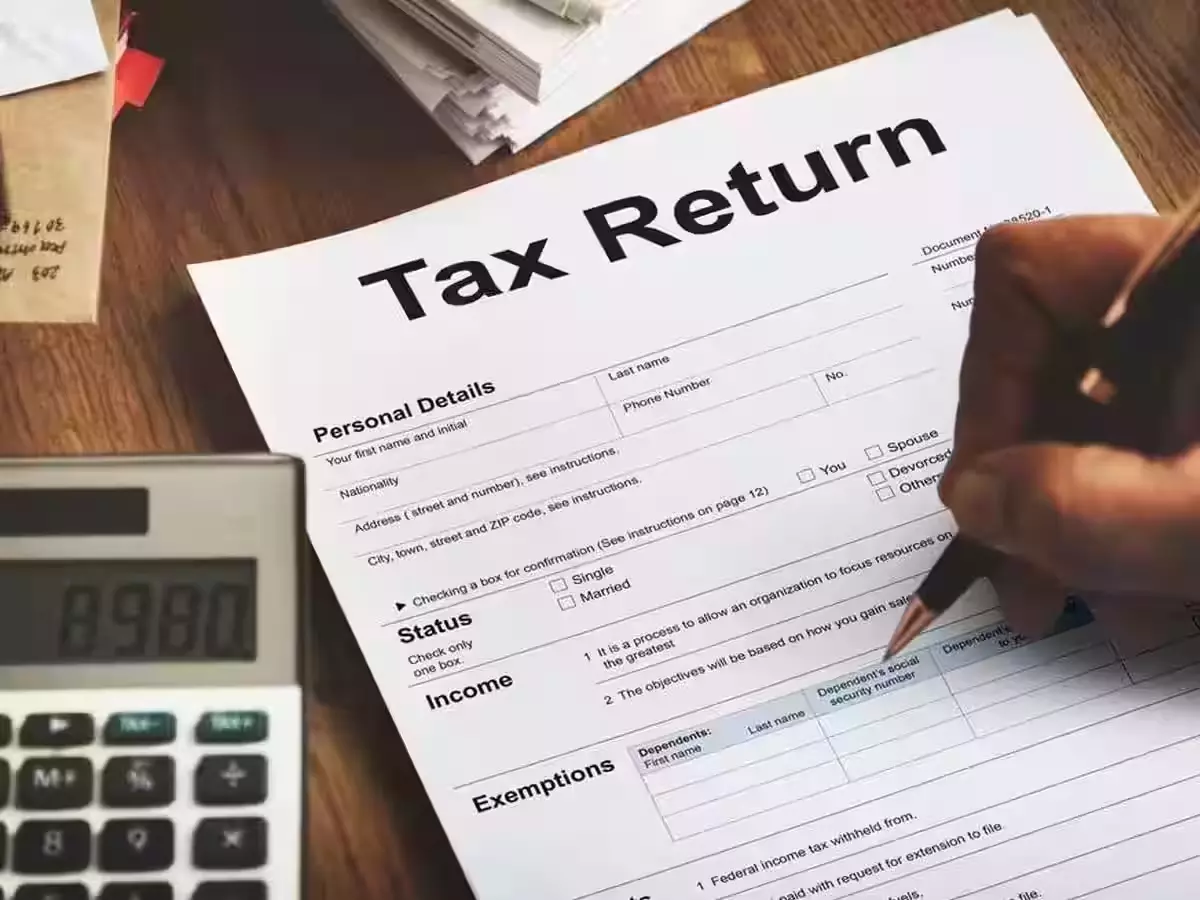Old or new tax regime? Which one will suit your needs?
In the new fiscal year, Indian taxpayers are faced with a choice between the old and new tax regimes, each with its own set of benefits and drawbacks.
image for illustrative purpose

In the new fiscal year, Indian taxpayers are faced with a choice between the old and new tax regimes, each with its own set of benefits and drawbacks.
Under the old regime, taxpayers can claim deductions for various expenses such as investments in PPF, ELSS, NPS, HRA, medical expenses, interest on home loan repayment, education loans, and more. These deductions effectively reduce taxable income, leading to lower tax outgo. This regime is tailored for investors and individuals with significant expenses, such as those paying interest on home loans or incurring medical expenses.
However, the old regime comes with higher tax slabs compared to the new regime, potentially resulting in a higher tax liability for those falling within higher tax brackets. Additionally, maintaining detailed records for all claimed deductions can be burdensome and time-consuming.
On the other hand, the new tax regime introduced in 2020 offers lower tax slabs and a simpler filing process by eliminating the need to claim deductions for most expenses. This can lead to lower tax liability, especially for individuals in lower income brackets, and simplifies the tax-filing process by reducing the burden of record-keeping for deductions. However, the new regime offers limited deductions, which may disadvantage those with significant investments, home loan interest payments, or high medical expenses.
To decide between the old and new regimes, taxpayers should calculate their taxable income under both regimes and assess their deductions and exemptions. Individuals with significant investments and expenses qualifying for deductions under the old regime may find it more beneficial, while those seeking simplicity in tax filing may prefer the new regime. Future financial goals, such as long-term savings and investments, should also be considered when making this decision.
Ultimately, taxpayers should draw up their computation of income after the close of the financial year to determine under which regime their tax liability is lower. This will help them choose the regime that best suits their individual financial situation and goals.

